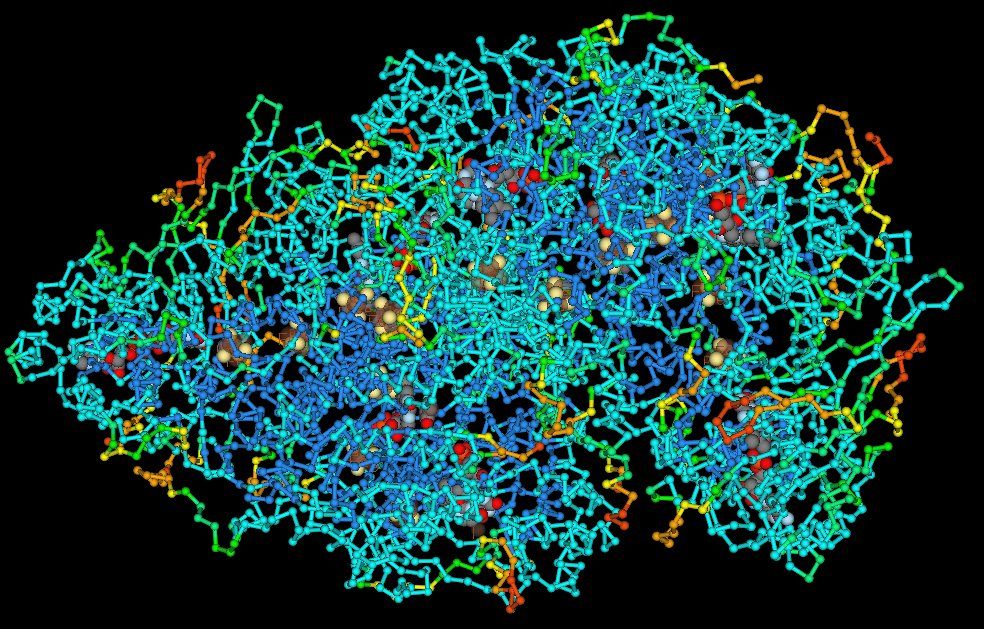Exploring the Varied Applications and Benefits of Polymers in Different Industries
Polymers, with their diverse range of residential or commercial properties and performances, have come to be essential in different industries, each reaping one-of-a-kind advantages from their application. Polymers. From enhancing security and performance in the automobile market to revolutionizing medical gadgets in the medical care industry, polymers play a critical function. Their eco-friendly nature is changing the landscape of sustainability practices. As we dive into the midsts of polymers in electronics, we discover cutting-edge technologies, while their architectural honesty changes the realm of construction and facilities. The pervasive impact of polymers throughout sectors is a testament to their adaptability and flexibility, forming the future of plenty of markets.
Automotive Field Applications
Polymers play a crucial duty in enhancing the efficiency and toughness of numerous parts within the auto field. One popular use of polymers in the automotive market is in the manufacturing of light-weight elements.

Medical Care Market Benefits
In different medical care applications, the advantages of using polymers are widely acknowledged for their varied array of beneficial residential or commercial properties. Polymers play a critical duty in the healthcare industry due to their convenience, biocompatibility, and cost-effectiveness. Among the primary benefits of polymers in healthcare is their capacity to be customized to details needs, such as flexibility, sturdiness, and biodegradability, making them ideal for a vast array of clinical applications.
Polymer-based materials are thoroughly used in clinical tools, such as catheters, implants, prosthetics, and drug shipment systems, due to their biocompatibility and capability to imitate all-natural tissues. These materials can minimize the risk of allergies or rejections, boosting client safety and security and outcomes. Furthermore, polymers are lightweight, making them ideal for wearable clinical gadgets and making sure person convenience.
Moreover, polymers allow the advancement of cutting-edge treatment approaches, such as hydrogels for cells engineering and nanocomposites for targeted drug delivery. Their convenience of handling and sanitation makes them necessary for maintaining high criteria of hygiene in medical care settings. Generally, the diverse benefits of polymers add considerably to advancements in medical technology and individual treatment.
Ecological Advantages of Polymers

Furthermore, polymers can contribute to energy cost savings as a result of their lightweight nature. In sectors such as transport, lightweight polymer products can aid lower gas consumption and greenhouse gas discharges. Furthermore, polymers can allow the advancement of energy-efficient items such as insulation products that enhance energy click over here now conservation in structures.
Additionally, polymers play a crucial role in lowering water air pollution. For example, the use of polymer-based filtration systems pop over here can efficiently remove pollutants and contaminants from wastewater, safeguarding water sources and ecosystems. In general, the environmental benefits of polymers make them important assets in advertising sustainability and eco-friendly practices throughout different industries.
Polymers in Electronic Devices and Technology
Thinking about the enhancing demand for cutting-edge and sustainable remedies in contemporary markets, the integration of innovative polymer innovations in the world of electronic devices and modern technology has actually become a crucial method for driving efficiency and efficiency. Polymers have changed the electronics market by making it possible for the manufacturing of lighter, more adaptable, and resilient digital gadgets. From mobile phones to medical gadgets, polymers play an essential duty in improving item design and capability.
One considerable advantage of polymers in electronic devices is their insulating residential or commercial properties, which aid safeguard delicate digital parts from environmental variables and electrical disturbance. In addition, polymers are vital in the growth of flexible display screens, wearable technology, and published electronic devices, offering limitless opportunities for creating wise and interconnected devices.
Moreover, making use of polymers in electronic packaging has article brought about advancements in miniaturization and thermal administration, improving the general efficiency and integrity of digital systems. As technology remains to progress, the convenience and adaptability of polymers will most certainly drive further development in the electronic devices market, forming the future of modern technology.
Duty of Polymers in Building and Facilities
The assimilation of innovative polymer products in building and construction and infrastructure projects has actually revolutionized the means frameworks are created and constructed in modern-day times. Polymers provide numerous advantages in the construction industry due to their versatility, sturdiness, and cost-effectiveness. One crucial function of polymers in construction is their use in coverings and sealants, providing defense versus ecological elements such as dampness, UV radiation, and deterioration. Furthermore, polymers are used in the manufacturing of lightweight and high-strength composite products, improving the structural honesty of buildings while minimizing total weight.
Moreover, polymers play a crucial duty in lasting building practices by making it possible for the advancement of energy-efficient frameworks. Protecting products made from polymers assist control indoor temperature levels, minimizing the demand for heating and cooling down systems and ultimately reducing power consumption. The use of polymer-based compounds in framework projects such as bridges and roadways boosts their long life and decreases upkeep costs. Generally, the unification of polymers in building and framework displays their significant effect on modern design methods.
Final Thought
In final thought, polymers play an essential function in different industries such as vehicle, medical care, ecological, electronic devices, and building and construction. Their versatile residential properties make them beneficial in developing ingenious options and items. From boosting gas performance in lorries to boosting clinical gadgets, polymers supply countless benefits. In addition, their influence on minimizing waste and advertising sustainability highlights their value in modern-day applications. The widespread use polymers shows their substantial payment to advancing technology and boosting top quality of life.